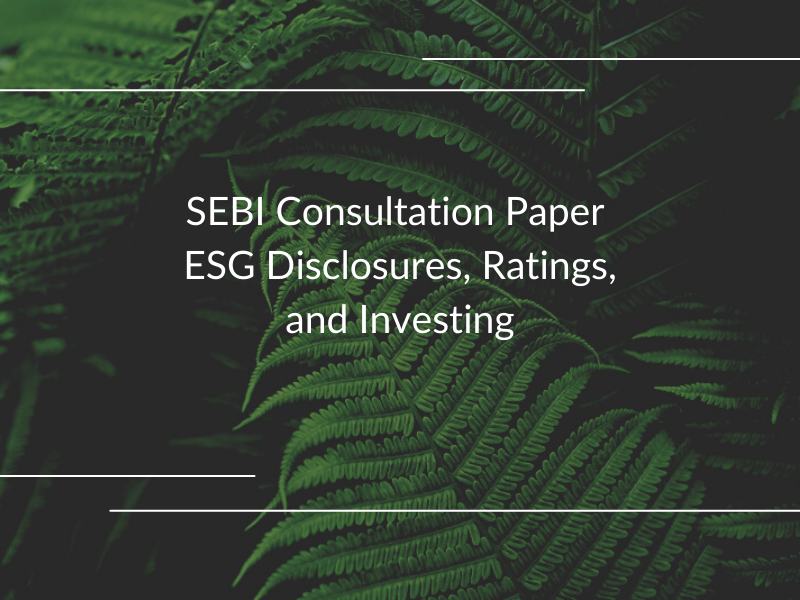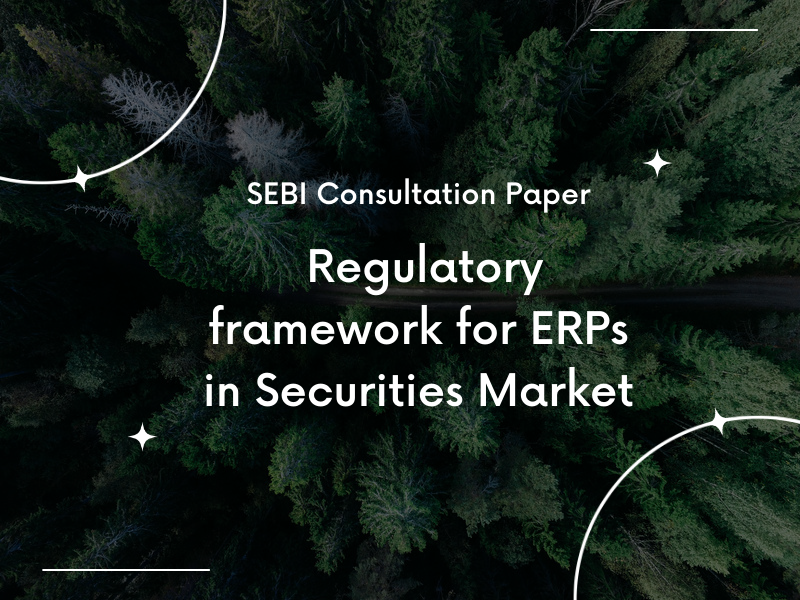Analyst Note | Published on : 31 August, 2023
Financial Institutions Navigating Climate Risk: Integrating Climate Resilience into Risk Management Frameworks
India’s top 20 listed financial institutions show limited adoption of sustainable financing frameworks (SFFs) to address climate risks. This analyst note delves deeper into the growing awareness among Indian FIs regarding the importance of considering climate risks in their operations.
Read More
Article | Published on : 1 September, 2023
Indian Corporates and their Renewable Energy Commitments: a mixed bag for now
Indian corporates are actively adopting renewable energy and participating in various global climate initiatives. The article uncovers the trends on how companies are faring towards their goals. Many of these companies have made commendable progress towards their goals while some require additional efforts to align themselves with the expected trajectory.
Read More
Article | Published on : 11 August, 2023
Renewable Energy Usage of top Indian corporates growing slowly from 2.4% to 3.4% of total energy
The article explores the renewable energy trends among India’s leading corporate entities from FY21 to FY23. We find that energy-intensive sectors lean on fossil fuels for expansion, while the service sector boldly move towards energy transition. Dive deeper to understand India’s corporate energy landscape.
Read More
Article | Published on : 24 July, 2023
How Indian Carbon Market might look like vis-à-vis global markets?
India prepares to launch its own carbon market, taking inspiration from existing market-based mechanisms like PAT and RECs. This endeavor has the potential to cover a staggering 65% of the country’s emissions. The article explores the three captivating carbon credits that will be introduced and sheds light on the initial carbon price signal.
Read More
Article | Published on : 10 July, 2023
Carbon Capture in Indian Oil and Gas PSUs
In this article, we delve into the evaluation of Carbon Capture, Utilization, and Storage (CCUS) initiatives in the Indian oil and gas sector, focusing on Public Sector Undertakings (PSUs). While the industry has showcased efforts in implementing CCUS technologies, it is essential to analyze the significance of these endeavors in addressing the sector’s overall greenhouse gas emissions
Read More
Analyst Note | Published on : 22 June, 2023
Decoding Corporate Climate Pledges
Indian corporates are actively embracing sustainability by setting emissions reduction targets and participating in global climate initiatives. The number of companies with climate commitments has significantly increased, quadrupling from 2019 to 2022. Many of these companies have made commendable progress in reducing their carbon emissions, attributed to factors like market capitalization, greenhouse gas emissions, comprehensive sustainability roadmaps, and recognizing climate change as a material risk.
Read More
Article | Published on : 21 April, 2023
Understanding Significance of Carbon Offsets in Indian corporates
The article delves into the current landscape of carbon offsets in India, revealing insights about the level of engagement and adoption by Indian organizations. It highlights that these organizations have been relatively small users of offsets, indicating a potential gap in their implementation. Additionally, the article discusses how Indian companies are not heavily relying on carbon credits to reduce emissions, shedding light on their practices. Furthermore, inconsistencies in the volume of carbon credits retired in the Carbon Disclosure Project (CDP) and carbon registries are brought to attention, emphasizing the need for further examination of offset practices in India.
Read More
Summary | Published on : 28 April, 2023
SEBI Consultation Paper: ESG Disclosures, Ratings, and Investing
The SEBI Consultation Paper on ESG Disclosures, Ratings, and Investing provides a comprehensive overview of the regulatory framework and proposed guidelines for ESG practices in India’s capital markets. Emphasizing the rising significance of ESG factors in investment decisions, the paper calls for standardized disclosures and ratings to enable informed choices. Moreover, the paper addresses challenges related to ESG ratings and suggests measures for ensuring accuracy and consistency in the assessment process. Additionally, it explores various aspects of ESG investing, including integration into investment strategies, development of ESG-themed funds, and the potential impact on market participants.

Summary | Published on : 28 April, 2023
SEBI Consultation Paper: Regulatory framework for ERPs in Securities Market
The paper focuses on the crucial role of ESG Rating Providers (ERPs) in guiding investment decisions and the lack of regulatory oversight surrounding their activities. It highlights concerns regarding potential risks to investor protection, market efficiency, risk pricing, capital allocation, and the practice of greenwashing. Various jurisdictions, including SEBI in India, have proposed regulations and accreditation for ERPs to address these issues. The paper explores regulatory provisions and rating rationale while also providing insights into the transition or parivartan score, offering a comprehensive view of how ESG ratings are evolving and being regulated to ensure transparency and reliability in the investment landscape.
Read More
Subscribe to Our Newsletter
Receive latest news and stay informed with the latest insights from our analysts directly to your inbox
